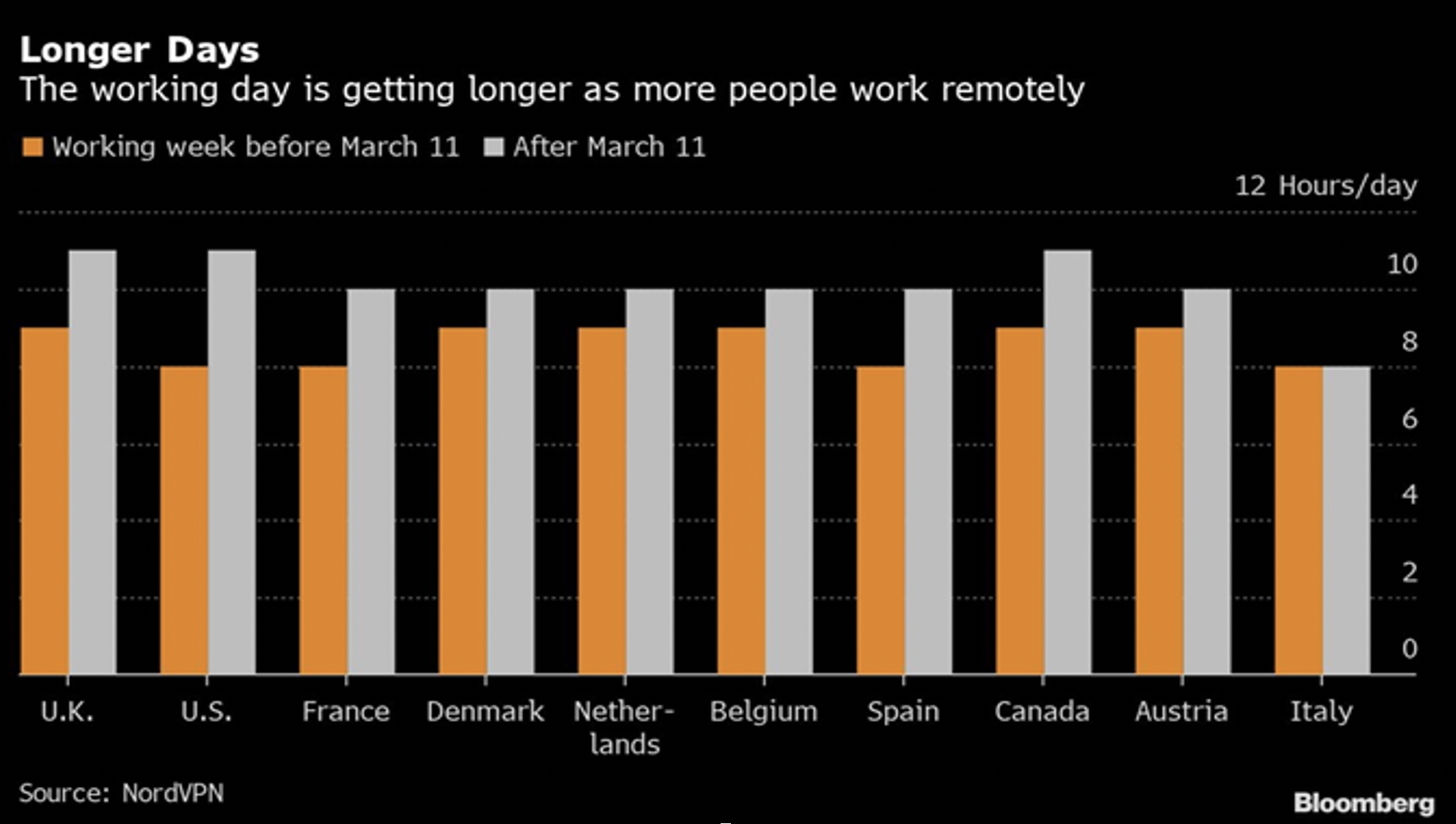Career Services Fellow Alysia McGlone offers tips for minimizing burnout and promoting mental health in the workplace.
It’s important to consider adaptive or active coping strategies when embarking on lifestyle changes. Instead of avoiding challenges imparted by life, I propose that attempts to address them be applied. Particularly in the modern workplace, it is helpful to practice meaningful ways to minimize burnout and promote mental health.
What exactly are burnout and mental health? In simplified terms, burnout is a prolonged feeling of exhaustion and lack of creativity. Mental health is considered both a broad category and state of condition and can be understood as successfully resolving life’s challenges with positive coping strategies and relating to others. It follows then and is important to note that mental illness can be understood as responding to life’s challenges with negative coping strategies, an inability to make choices, and or relate to others. Let’s take a look at how the intersection of mental health and career development impacts college students’ abilities to feel prepared when entering the workplace.
Historical context and foundations are necessary to begin this conversation. Abraham Maslow’s hierarchy of needs seamlessly connects to the primary needs of college students.
Maslow created a theory about why we do the things we do, asserting that until our most basic, individual physiological and safety needs are met we cannot possibly consider positively coping with our higher-order needs. These include the external needs of connecting with others, feeling good about ourselves, and the transcendent needs of having agency and morality in our lives. Similarly, college students primarily face challenges including but not limited to healthy sleep habits, maintaining academic success, successfully taking ownership of finances, and positively responding to other expectations associated with changes in parental and family dynamics.
Once essential self needs are resolved, college students can learn to adapt to the major changes in their lives such as graduating and living independently for the first time, creating new routines without the guidance of an academic structure, or grieving the loss of and finding new applications of former identities to make meaning of this new juncture in their lives. The point is that these needs apply to all college students and occur in larger systems rather than individual vacuums. Hopefully, knowing this can provide some sense of relief – you are not alone.
The Modern Workplace
Workplace boundaries around the world have blurred with the onset of the COVID-19 pandemic and made it easier to misconstrue our understanding of the “workplace” because of our ability to work from home or anywhere. When thinking about external signs and internal symptoms of burnout, applying emotional intelligence is of utmost importance. This ability can be understood as learning about your and others’ emotions and responding appropriately to identified needs. How might this impact your time at work? How might how you feel at work impact your time at home with family and friends? Recognizing your external behaviors and internal feelings is critical when minimizing the stress or physical and emotional coping responses to internal and external forces. In doing so, you can increase your quality of life and practice promoting mental health in the short- and long-term.

Objective Signs of Burnout Include
- Change in sleep habits
- Becoming cynical, critical, or passive-aggressive to others
- Dragging yourself to work
- Irritability or impatience
Subjective Symptoms of Burnout Include
- Low energy for productivity or procrastination
- No satisfaction from achievements
- Feeling unhappy with the actual versus posted job duties
- Using food, drugs, or alcohol to feel better or numb feelings
- Experiencing unexplained body ailments not caused by a physiological condition but mental stress.
Strategies to Minimize Burnout and Promote Mental Health
Strategies to minimize burnout and promote mental health are things that you can do to practice making healthy habits in your life. It is normal to and expected to make mistakes when changing maladaptive habits. I encourage you to think of promoting mental health in your workplace and overall life as a “one and done” deal, but rather see it as an endeavor that requires a commitment to make a lasting impact. The tools and strategies provided here can be helpful, but you are the only one who knows you the best. Therefore, taking and adjusting these suggestions to fit your life needs will ensure the most benefit.
Strategies for Success
- Self-care and self-compassion planning and practice
- Practice gratitude
- Clear boundaries and breaks with daily renewal exercises
- Deep breathing exercises
- Develop a System of Support:
- You!
- Friends
- Family
- Elon Counseling Services Religious leader and or Spiritual practices
- Career advisors
- Mentors
- Mobile apps
- Manager or supervisor
- Human resources specialist
- Employee assistance program and other self-management specialists, tools, workshops, and safe spaces
One de-stress technique that you can practice using at work or in your leisure is this Breath Bubble from the Calm channel on YouTube. Practice doing this deep breathing technique for 1-2 minutes. The benefits include more awareness of your feelings (thereby proactively minimizing the likelihood of burnout occurring); a low heart rate; paced breathing (that facilitates positive emotional states); a reduction in anticipating the negatives of “what could be” (i.e., anxiety).
Taking time to reflect on what you may be thinking or feeling can aid your emotional intelligence thereby promoting awareness, which is the first step in enacting strategies for prosperity in your life.


